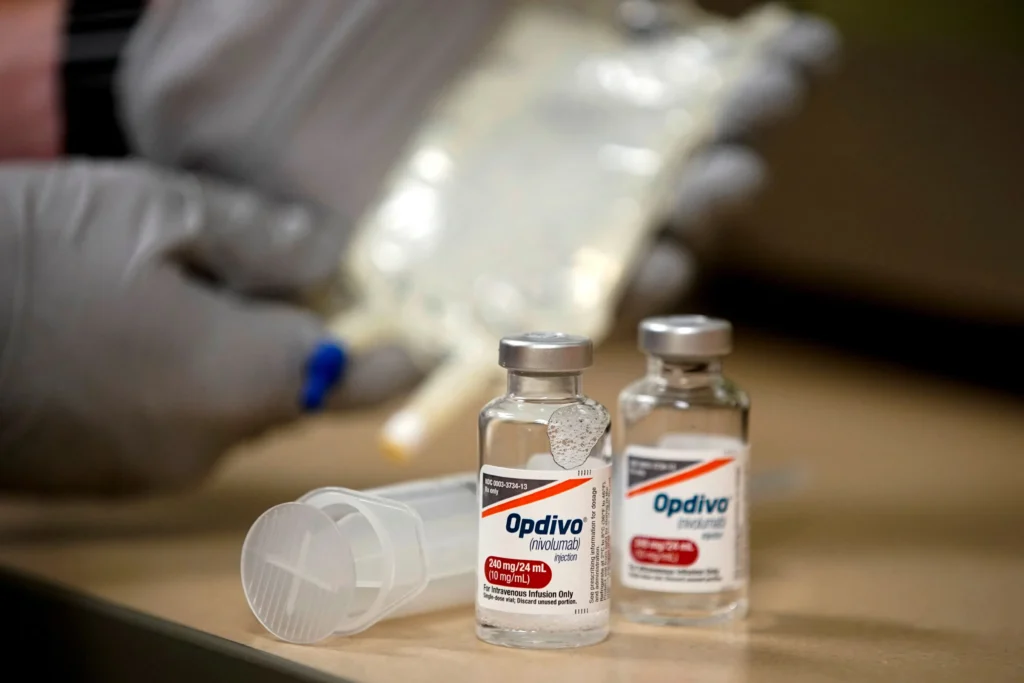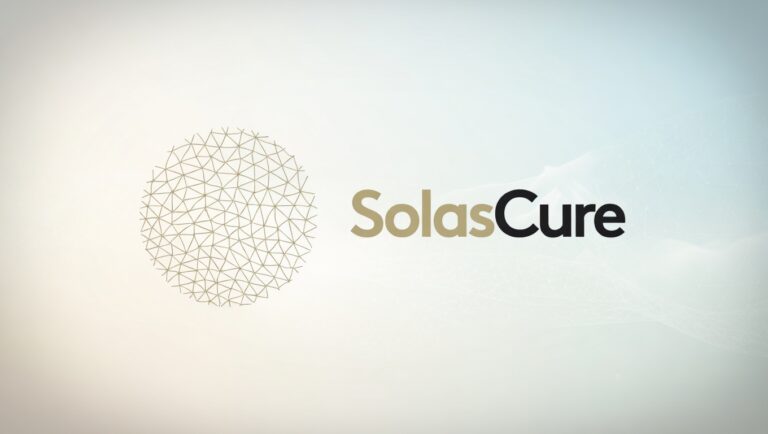
Opdivo Qvantig™ FDA Approved for Subcutaneous Use in Adult Solid Tumor Indications
Bristol Myers Squibb (NYSE: BMY) recently announced that the U.S. Food and Drug Administration (FDA) has approved Opdivo Qvantig™ (nivolumab and hyaluronidase-nvhy) injection for subcutaneous use. This combination product consists of Opdivo co-formulated with recombinant human hyaluronidase (rHuPH20). It is approved for many previously authorized adult solid tumor Opdivo indications. This includes use as a monotherapy, as maintenance therapy following Opdivo plus Yervoy® (ipilimumab) combination therapy, or in combination with chemotherapy or cabozantinib. The approval follows results from the Phase 3 CheckMate-67T trial, which demonstrated that Opdivo Qvantig™ had comparable pharmacokinetic (PK) exposure, efficacy, and safety to intravenous (IV).

Professor Dr. Saby George, MD, FACP, a medical oncologist and director of network clinical trials at Roswell Park Comprehensive Cancer Center, highlighted the importance of this approval, stating, “This approval of subcutaneous Opdivo gives our patients a new option that can deliver consistent efficacy and comparable safety expected from IV Opdivo, offering a patient-centric treatment experience.” H
The CheckMate-67T trial demonstrated noninferiority in the co-primary endpoints of time-averaged concentration over 28 days (Cavgd28) and minimum concentration at steady state (Cminss) when comparing Opdivo Qvantig to IV Opdivo. The geometric mean ratios (GMRs) for Cavgd28 and Cminss were 2.10 and 1.77, respectively, indicating that the subcutaneous formulation matches the IV formulation in terms of drug exposure. The trial also assessed the overall response rate (ORR), a key secondary endpoint. Opdivo Qvantig showed a 24% ORR, compared to 18% in the IV , demonstrating that the subcutaneous formulation maintains similar efficacy to IV.
Subcutaneous administration offers the potential to reduce treatment time compared to IV infusions. In the CheckMate-67T trial, the average administration time for Opdivo Qvantig was approximately five minutes, compared to 30 minutes for IV. This faster delivery could provide patients with a more convenient option, especially for those who prefer shorter treatments. Additionally, most patients in the trial received all doses of without any interruptions or delays.it is now the first and only subcutaneous PD-1 inhibitor, providing a faster and more flexible treatment option for cancer patients.
However, the use of Opdivo Qvantig comes with several warnings and precautions. Both are associated with severe and potentially fatal immune-mediated adverse reactions, including pneumonitis, colitis, hepatitis, and endocrinopathies. Patients receiving these treatments may also experience complications related to allogeneic hematopoietic stem cell transplantation (HSCT), as well as embryo-fetal toxicity.
Moreover, combining it with a thalidomide analogue and dexamethasone is not recommended outside of controlled clinical trials due to increased mortality in patients with multiple myeloma. It is essential that patients receive proper monitoring and adhere to their healthcare provider’s guidance.
Bristol Myers Squibb is dedicated to advancing cancer treatment options and improving the patient experience. Adam Lenkowsky, executive vice president and chief commercialization officer, commented, “We are excited to offer Opdivo Qvantig as a new option to cancer patients, providing faster delivery and greater flexibility. THIS has been a key immunotherapy treatment across numerous indications, and with Opdivo Qvantig, we aim to further enhance the patient experience.”
Audrey Davis, Senior Director of Programs and Health Equity at the Cancer Support Community, also emphasized the importance of flexible treatment options. “Having a treatment option that allows patients to receive treatment outside of traditional hospital settings and reduces administration time is crucial. It’s exciting to see continued advancements in immunotherapy administration, providing more choices for patients and caregivers navigating this challenging journey.”
The CheckMate-67T trial was a Phase 3 study that randomized 495 adult patients with advanced or metastatic clear cell renal cell carcinoma (ccRCC) who had previously received systemic therapy. The trial compared Opdivo Qvantig (1,200 mg nivolumab with 20,000 units hyaluronidase) administered subcutaneously every 4 weeks with IV (3 mg/kg) administered every 2 weeks. The study’s endpoints included pharmacokinetics (Cavgd28, Cminss) and overall response rate as assessed by blinded independent central review.
Please find the related post




